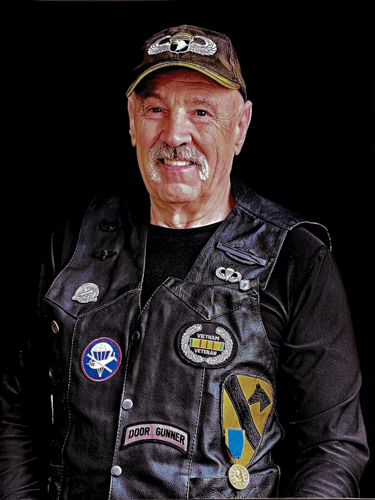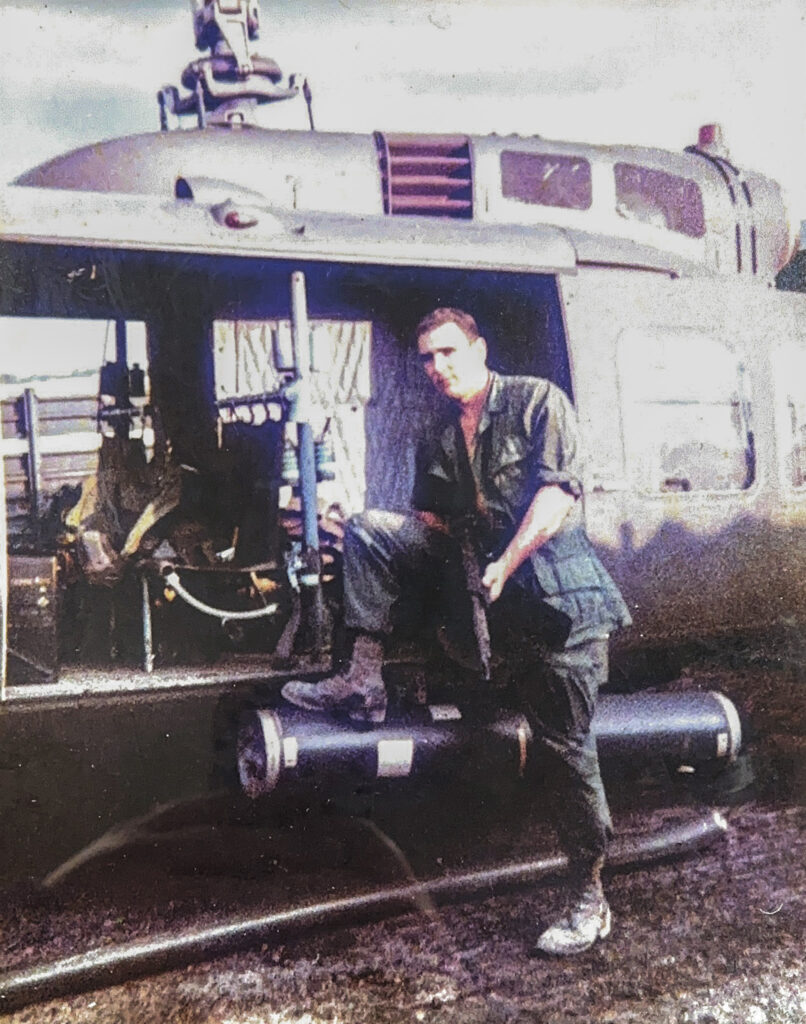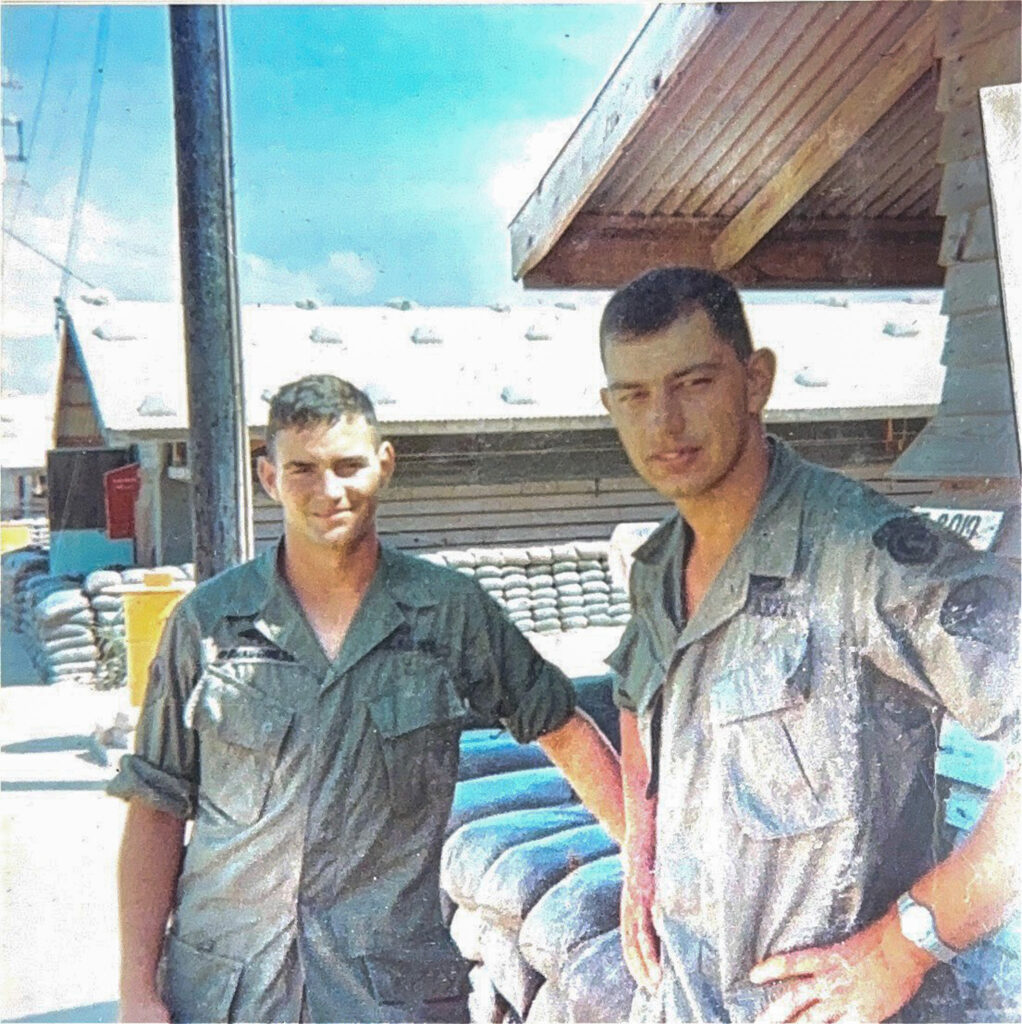Story co-produced with Daniel Reid
Tom Baker has suffered from PTSD for over 50 years. He enlisted in the Army and was overseas fighting in Vietnam at 19 years old.

“Nineteen years old and you think you’re God’s gift to the war,” Tom said. “I wanted to jump out of airplanes. I wanted to get the bad guys.”
The civilian world did not take well to the Vietnam War. There are countless stories of veterans coming home from being overseas for so many months only to be greeted with harsh words and being spit on by people.
“They called us pot smoking, baby killing losers,” he said.
Those passerby’s may not have agreed with the government’s decision to go to war in Vietnam, but they did not know what those service members endured while serving over in the jungles of Southeast Asia.
Hear his story:
“You’re exposed to sudden loss, which is something that not many people experience at a young age,” Tom said. “I had to go from this gung-ho guy to somebody that pretty well knew that he wasn’t going to make it and wanted to take as many of them with him as he could. You get hard. You have to stay alive, you’ll kill, and you don’t think about it.”

Tom was in his last firefight in Vietnam three days before he was back stateside. There was no transition period between fighting for your life in a war zone to the calm city streets back home.
“I killed my first human being when I was 19, got shot down out of the sky when I was 19, put my first American soldier in a body bag when I was 19,” Tom said. “When I came back from ‘Nam I was much older than 20.”
Tom did not meet Marsha Lee until well after his separation from the Army. The loved ones of those who have seen combat are some of the reasons they are still here today.
“In the right circumstances, when you’ve got somebody that you love and you can care for and talk to it gives you a little peace of mind, heals you a little bit,” Tom said. “I’ve thought through this a lot, especially since I had a .45 in my mouth.”
He was silently battling his PTSD for roughly 50 years before he came to terms with the diagnosis, before he started working to cope with the trauma he endured.
“It stays in the back of your head, its kind of life bird in the attic,” Tom said. “Every once in a while, they come out, a certain sound or certain smell. The demons are screaming that I didn’t do enough.”
Tom formed the Jackson County Veterans’ Organization so that veterans like him coming back got a better reception and have a community around them, so they are not alone.

“The mindset of America had changed, thank God so,” he said.
Tom deals with survivors’ guilt after losing his best friend in the war. He tells his story to help cope with what he has gone through with the hopes that it also may help others who are struggling, who need a lifeline.
“I owed my friends that,” he said.
There is an endless battle that veterans will face. Tom was not welcomed when he came home from the battlefield, but it was the veterans who came before him that welcomed him back into the civilian world and encouraged him to keep going.
With the changing attitude toward veterans who have seen combat and those that served in wars that were not perceived well by the public, there are more avenues open than ever before for veterans and their families to be compensated and aided in their endless fight with the trauma they have endured.
“If you keep it all inside it will eat you alive and it’ll eat your family alive,” Tom said.
There are still those that are in denial that there is an unseen burden weighing down on them. The VA reported that 6,392 veterans committed suicide in 2021.
“Writing for healing is a tremendous program,” Tom said. “It really helps veterans and their spouses, and their kids understand the veteran a little better. And if he or she can get understood, then it helps keep the demons at bay.”
No matter the time period, service members have a tough exterior and believe that they are invincible. Many do not want to admit that they are suffering and need help.
There are formal resources available through the VA and informal resources through connecting with other veterans.“Talk to some veterans and at least listen to them,” Tom said. “You may not understand, and you may not have been in long enough or been in a firefight or whatever. But listen to them.”


